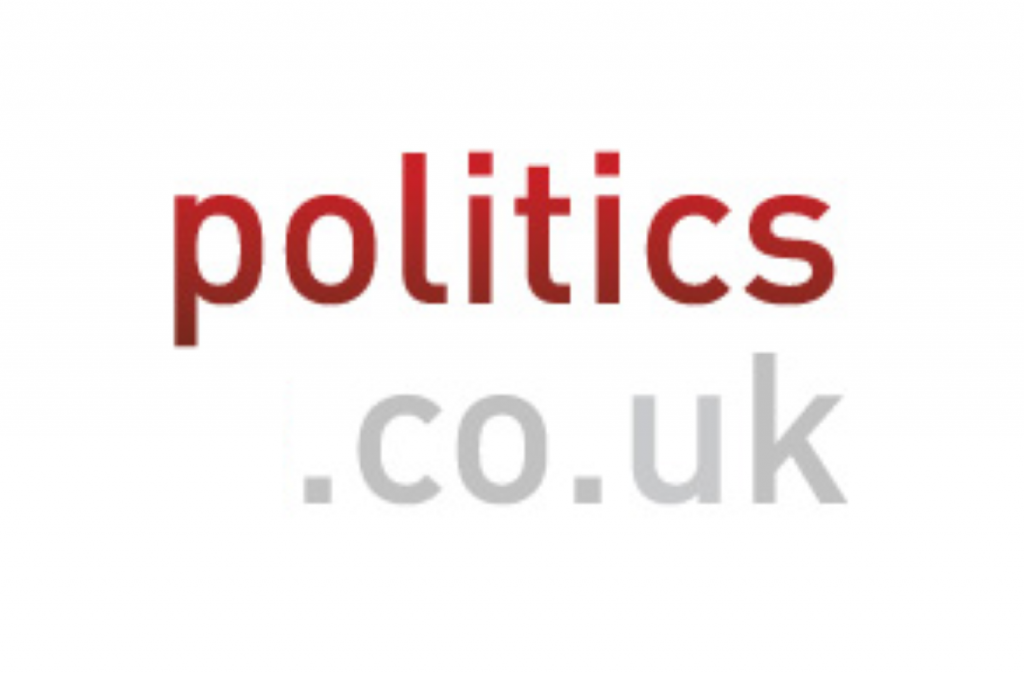BBC must have external regulator
An independent advisory panel on the BBC has concluded that the current system of governance is “unsustainable” and “radical reform” is needed.
The current system, whereby the governors both lead the BBC and regulate its conduct, came under fire during the Hutton Inquiry and the panel seems to have agreed with Lord Hutton’s concerns about the dual nature of the role.
Writing to the Secretary of State Tessa Jowell, the panel’s chair, Lord Burns, said: “It is inherently difficult for one group of people – the current governors – to provide leadership of the BBC and to be responsible for promoting the success of the BBC by directing and supervising its affairs whilst at the same time being the body that is responsible for overseeing the content of the BBC.”
He notes that this “gives rise to considerable tension”, does not generate sufficient confidence among other broadcasters, lacks transparency and openness and contributed to the perception that the “BBC is run in its own interests, rather than those of the licence fee payer”.


The recommendations will feed into the Government’s green paper on the future of the BBC – due to be published shortly. Any change to the structure of the BBC is likely to prove controversial. Particularly as Lord Burns also noted the existing system has maintained the political independence of the BBC in a way almost unparalleled across the world among public service broadcasters.
On the other key issue, that of the licence fee, Lord Burns concluded that the “balance of debate” still lies in its favour, at least until complete digital switch over.
But he noted that “over time sustaining the licence fee will become increasingly difficult when conditional access is available.”
The possibility of some of the licence fee being paid to other broadcasting organisations is also mooted.
The BBC has already accepted that some change in the role of its governors is needed, and has announced plans to put a greater distance between governors and managers as well as a new complaints system. However, the organisation is likely to vigorously oppose any suggestion that the BBC should come under the remit of the commercial regulator Ofcom or give up any share of its licence fee.

